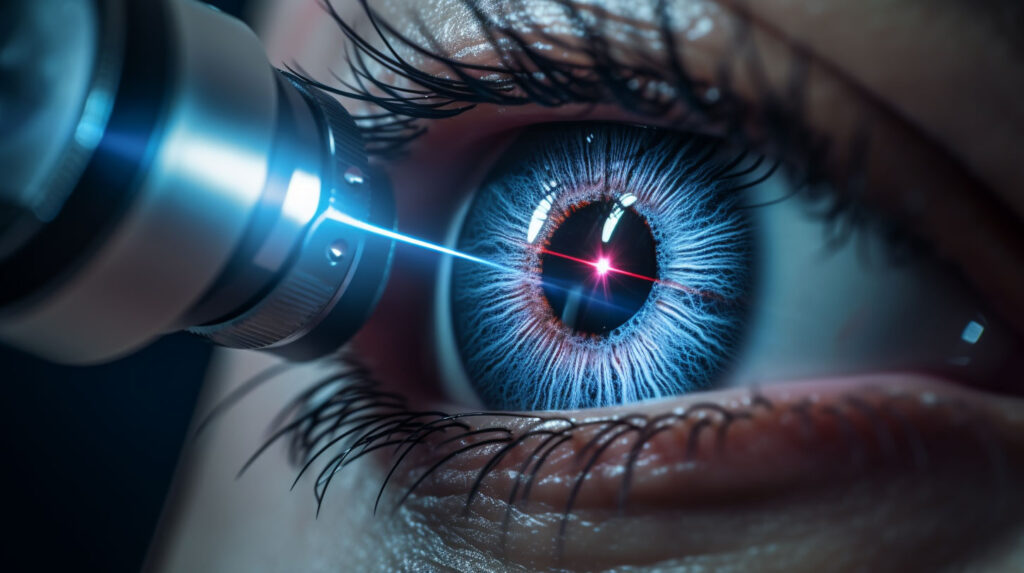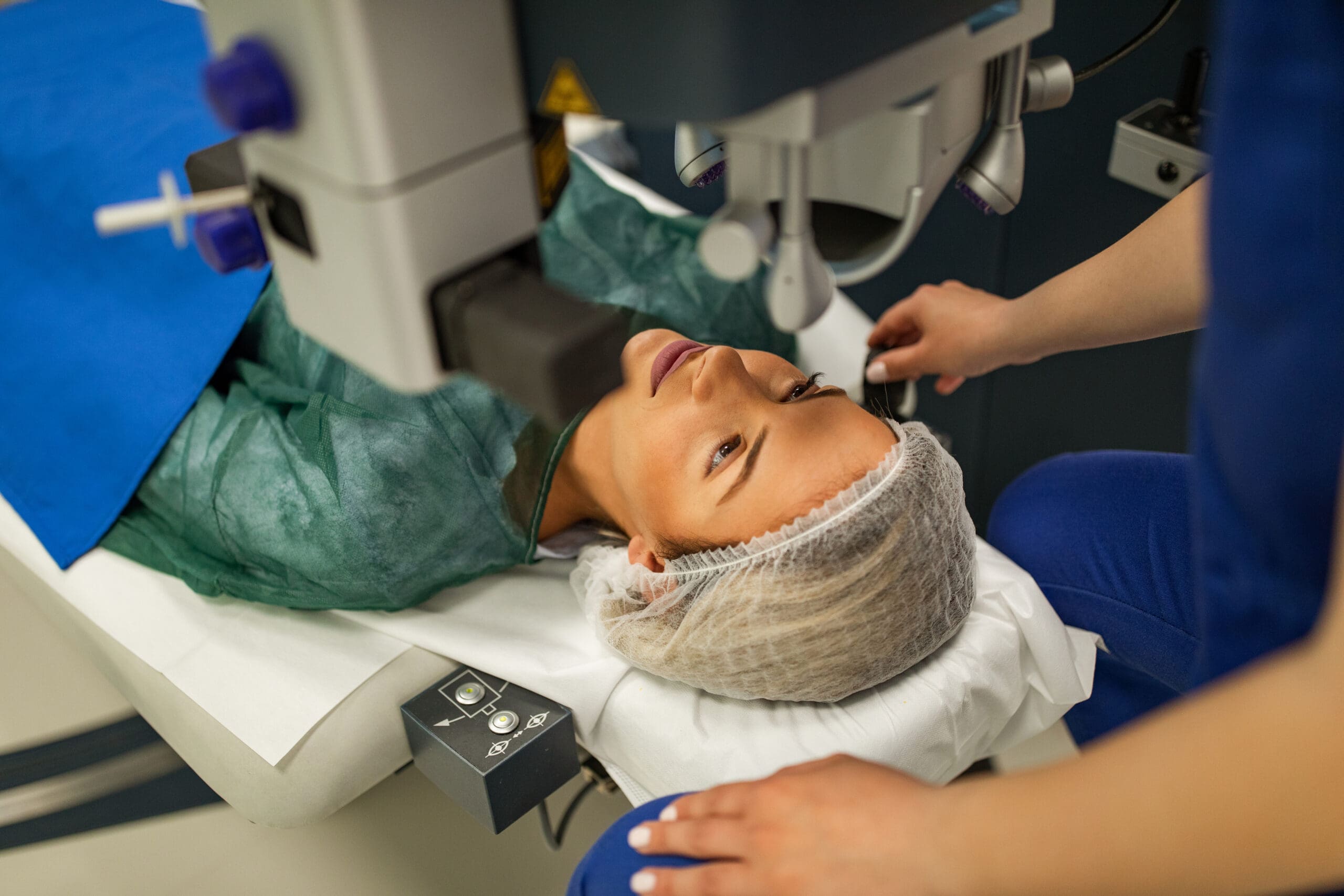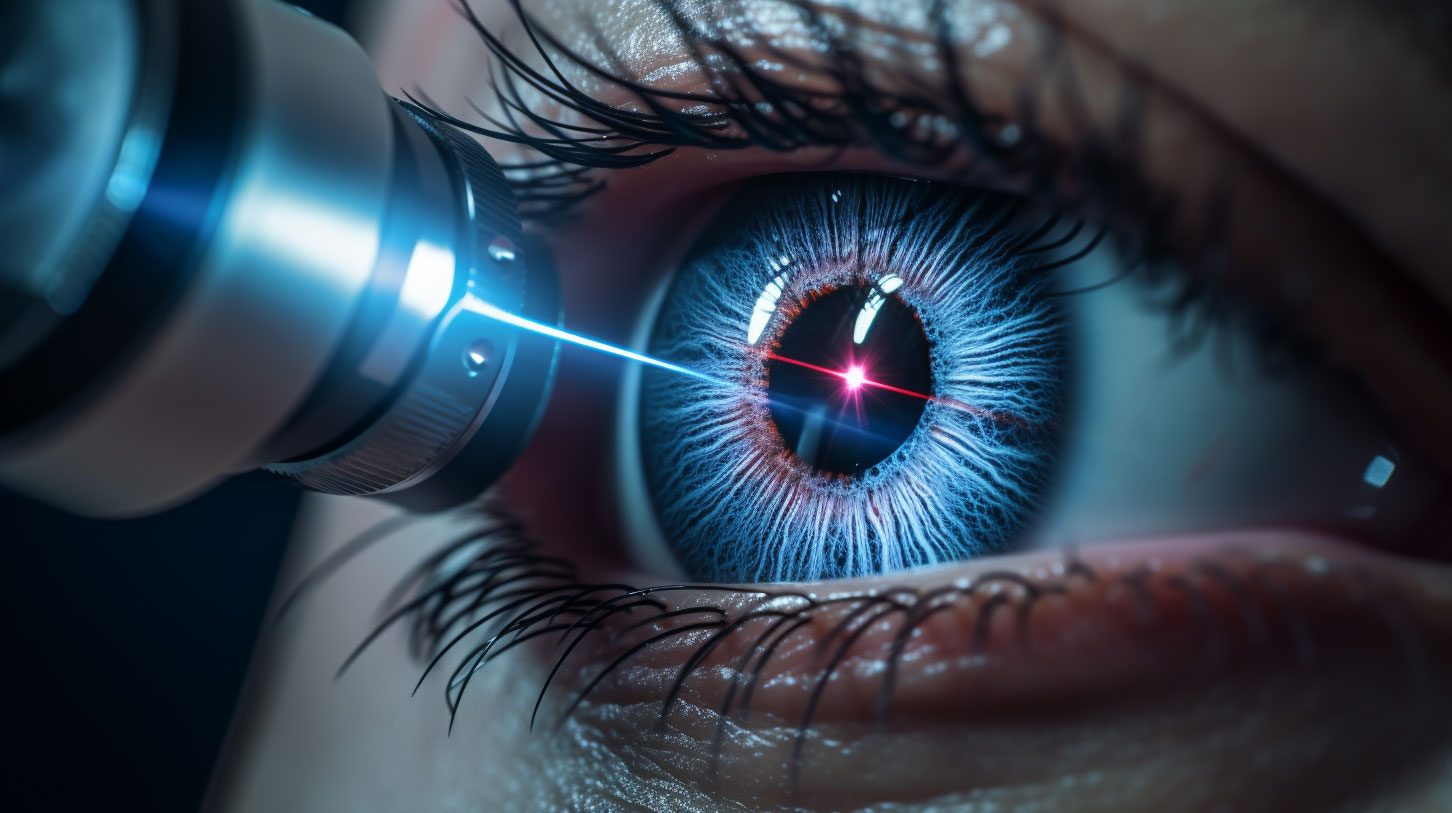For many people, cataract removal feels like the beginning of a new chapter. The moment the fog lifts—literally—it’s not just about seeing clearly again. It’s about seeing the people you love in full focus, full color, and full emotion. That moment when a grandparent looks into their grandchild’s eyes without a blur—that’s powerful. That’s what cataract surgery can give back.
While the surgery itself is relatively quick, the next 30 days are where the real transformation happens. Here’s what that healing journey often looks like—and why it’s so deeply emotional.
Week 1: The First Few Days
Let’s be honest—the first few days after surgery can feel a bit strange.
You may experience:
- Mild itching
- A feeling like there’s something in your eye
- Sensitivity to light
- Slight blurriness as your eye adjusts
But don’t worry—these are all normal signs of healing.
This is also the time to follow your eye doctor’s instructions closely. Using prescribed eye drops as directed helps prevent infection and reduce inflammation. You’ll likely have a follow-up visit scheduled within the first 48 hours—don’t skip it. It’s important to monitor progress early on.
It’s a time for rest, but also for noticing. Even in these early days, some patients say, “I saw the lines on my daughter’s face again,” or “I could see my husband’s smile clearly for the first time in years.”
These small wins are emotional. And they’re just the beginning.
See more: Eye Surgery LASIK: Transforming Vision with Advanced Technology
Week 2: Adjusting to Clearer Vision
By the second week, many people begin feeling more confident.
You might start reading short articles again, watching TV comfortably, or enjoying a walk outdoors—just with sunglasses to protect from brightness. The world may start looking a little more vibrant, a little more alive.
Most of all, people begin connecting differently. One woman shared with us that she noticed her granddaughter’s eyes were actually hazel, not brown as she had always thought. Another gentleman told us that seeing his wife’s laugh lines brought him unexpected joy.
During this time, emotions like surprise, gratitude, and even curiosity often bubble up. “Is this how bright the world really is?” some ask. “How long was I living in a blur without even realizing it?”
That emotional clarity is just as important as visual clarity.
Week 3: Gaining Confidence
Week three often brings a new rhythm. Your eye is healing well, and your vision is sharper than it’s been in a long time.
Driving may be allowed again (check with your doctor first). You might start seeing people from across the room with ease, read facial expressions in conversations, and feel less anxious about everyday tasks.
One of the most beautiful things during this phase is how people begin to reconnect socially. Simple moments—like playing cards with friends or sharing a meal—become easier and more joyful when you can clearly see the faces of those around you.
Yes, there may still be minor discomfort or some visual imbalance if only one eye has been treated. But overall, your confidence begins to rise, both in your eyesight and in your daily life.

Week 4: Seeing the World Differently
By the fourth week, many patients report something extraordinary: colors are not just back—they’re breathtaking.
Blues are deeper. Greens are more vibrant. And white? White feels like it’s glowing.
This is the point where vision typically stabilizes. You’ll likely have another eye exam to assess whether you still need glasses—or perhaps just for reading.
But beyond the technical, this is the week when life feels emotionally richer.
You might find yourself noticing your loved ones more deeply: the sparkle in a child’s eyes, the warmth in a partner’s face, or the way sunlight touches someone’s hair. These aren’t just visual improvements—they’re emotional reconnections. That’s the real gift cataract removal brings.
FAQs
Can I rub my eyes?
It’s best not to. Even if itching subsides by week 4, your eye is still healing. Rubbing can cause complications. If your eye feels dry or irritated, ask your doctor for guidance.
Will my vision keep improving?
Most patients notice the biggest changes within the first month, but some improvements can continue for several more weeks. Each person heals at their own pace.
What if one eye feels different than the other?
If you’ve only had one eye treated so far, the imbalance can feel odd at first. Your brain will adjust over time, and your doctor can guide you if a second surgery is planned.
Conclusion: When You Can Finally See Love Again
Cataract surgery doesn’t just remove a cloud from your eye—it lifts a cloud from your life. It brings loved ones back into focus in ways that are both stunning and deeply moving.
Seeing clearly again means seeing the laughter in a friend’s face, the mischief in a grandchild’s grin, or the quiet kindness in a partner’s eyes. These are the emotional wins no glasses can ever fully offer.
So, if you’re considering cataract removal, know this: it’s not just a procedure. It’s a chance to experience love, connection, and clarity all over again.
Let yourself see—and feel—everything life still has to offer.


